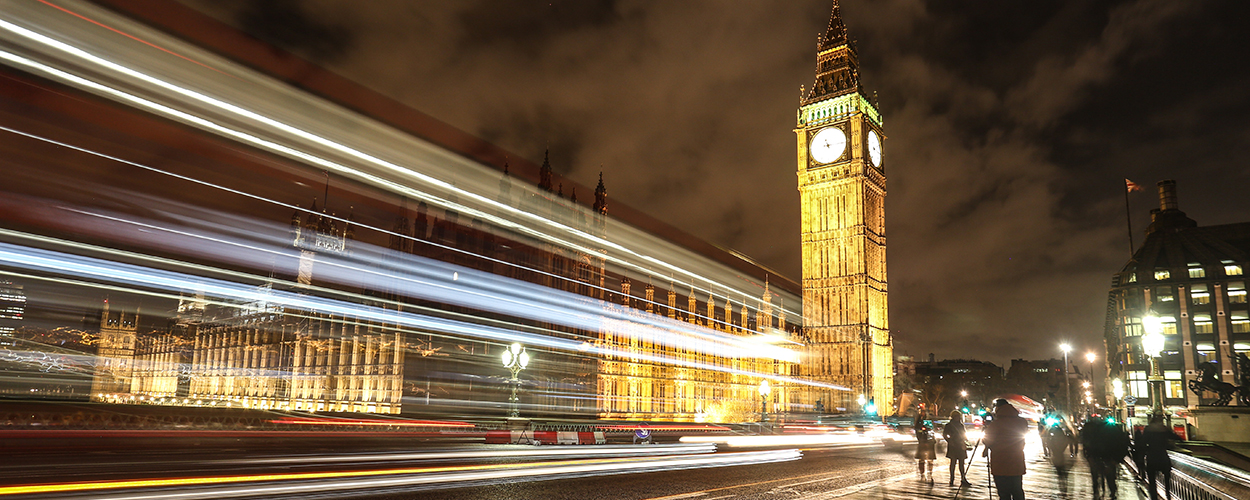This website uses cookies so that we can provide you with the best user experience possible. Cookie information is stored in your browser and performs functions such as recognising you when you return to our website and helping our team to understand which sections of the website you find most interesting and useful.
Business News Digital Labels & Publishers Legal Top Stories
Performer ER certain to be debated once again at second parliamentary hearing on streaming
By Chris Cooke | Published on Thursday 3 December 2020

The UK Parliament’s culture select committee will next week hold a second oral hearing as part of its ongoing inquiry into the economics of streaming. Three more artists will give evidence – Fiona Bevan, Nile Rodgers and Soweto Kinch – alongside artist manager and MMF Vice-Chair Kwame Kwaten, music rights expert Maria Forte and José Luis Sevillano from Spanish performer collecting society AIE.
The inclusion of Sevillano means that the proposal of applying performer equitable remuneration to streaming will be very much on the agenda once again. Spain is one of the few countries where ER already applies to streams and AIE administers that right.
At the select committee’s first oral hearing last week, performer ER was a key talking point. MPs heard how the 55% of streaming revenue passed onto the record industry each month is shared with artists subject to their record or distribution contracts, which they may have entered into decades ago.
Every contract is different of course, but with a conventional record deal the artist is likely to get no more than 20-25% of streaming royalties generated by their recordings, though even that might be subject to recoupment and deductions.
However, when monies flow into the record industry from broadcasters or the public performance of recorded music, a different system applies. This is as a result of the performer equitable remuneration right in copyright law that says artists have a statutory right to payment in these scenarios.
That payment is administered by the collective licensing system and money is shared out at industry standard rates, with broadcast and public performance monies split 50/50 between labels and performers.
Those giving evidence at last week’s hearing argued that a simple way to ensure artists get a bigger slice of the digital pie is to apply ER to streams in some way. That would mean artists – including session musicians – would have a statutory right to receive payment at industry standard rates, and those payments would not be subject to contract terms, recoupment or label deductions.
Supporting that proposal, Gomez’s Tom Gray – also founder of the #brokenrecord campaign – told the committee: “Equitable remuneration does what it says on the tin. It’s equal pay for equal work. Apply ER to some extent to streaming and suddenly, for the first time in history, money goes directly into the pockets of artists on the first stream, irrespective of any contract terms that have been agreed”.
Now, while changing UK copyright law to specifically apply ER to streams might be relatively simple, implementing that change would arguably be less so, with plenty of tricky questions to answer and challenges to overcome. However, in Spain there is precedent as to how it might be achieved in practical terms, which is why Sevillano’s input will be interesting.
His organisation’s written submission to the committee stated: “We [would] like to draw your attention to the successful and more equitable alternative business model we have been operating in Spain for some fifteen years. In a nutshell, music streaming services pay an additional amount for the music to us, the Spanish collecting society for musical performers, which we distribute to individual artists using our comprehensive databases”.
“Our model is based on equitable remuneration for artists for music streaming”, it went on. “It has been recognised legally and practically. It does not interfere with any contractual arrangements between artists and record companies and record companies and streaming services respectively. It is separate and in addition to any such arrangements”.
“This approach can be easily adopted in the UK by extending the established UK system for broadcasting and public performance to also cover music streaming”, it added, noting that that current ER system “is successfully administered by PPL, the UK collecting society representing artists and record companies”.
There is one difference between the ER right in Spain and the ER right in the UK. In Spain, the performer right to payment is enforceable against the user of music, whereas under UK law it is enforceable against the copyright owner.
Unless Parliament also changed that element of UK copyright law, unlike in Spain, UK performers would not be able to demand an ER payment directly from the streaming services, they would need to get their cut of income from the labels. PPL represents both labels and performers, so could, in theory, organise such a process. Although PPL is actually owned by the labels, and most labels oppose the idea of ER being applied to streams, certainly across the board.
There are various arguments against ER on streaming, which have already been made in some of the written submissions to the select committee. However, those are unlikely to be debated in an oral hearing until label reps get to speak, which won’t be next week.
The next oral hearing will take place next Tuesday from 10am.





